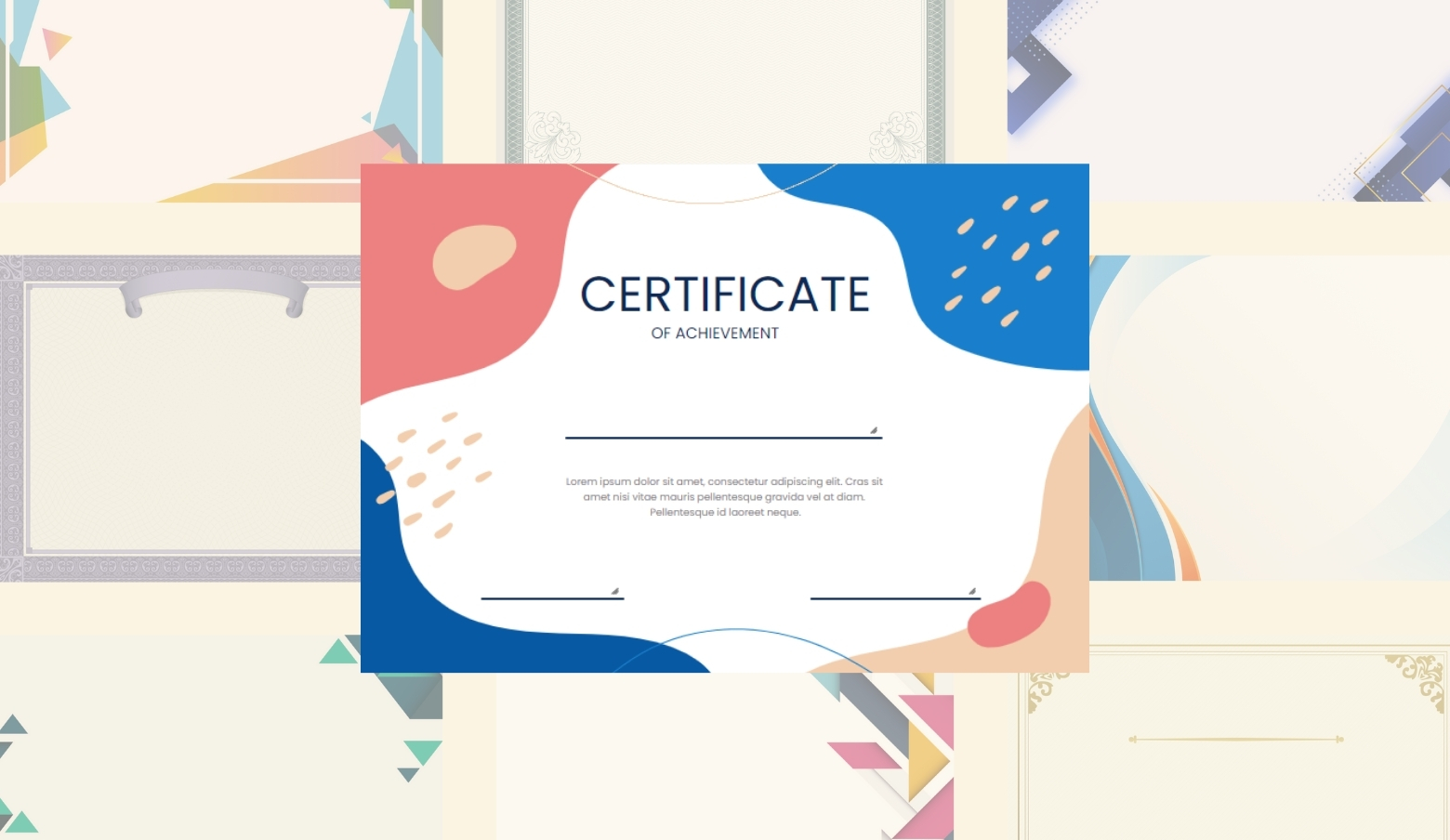The Key Differences Between Free and Paid Certification Programs
The Key Differences Between Free and Paid Certification Programs
Blog Article
In today’s fast-paced digital world, gaining new skills is easier than ever. With the rise of recognized online certifications, many people face a common dilemma: should they opt for free certification programs or invest in paid ones? If you’re wondering which path is best for you, this guide breaks down the key differences to help you make an informed decision.

Free Certification Programs: What to Expect
Free certifications sound like a dream come true. After all, who doesn’t love free stuff? But there are a few things to keep in mind when choosing a free program:
1. Limited Features and Depth
Most free certification programs only scratch the surface of a topic. They might offer introductory lessons, but they usually lack advanced modules or in-depth material that you’d find in a paid program.
2. Lack of Credibility
While there are some decent free programs, many lack proper accreditation. Employers often value certifications from recognized online certifications, which are more common in paid options.
3. Basic Support
Free programs usually come with minimal support. You may have access to community forums, but direct assistance from instructors or detailed feedback on your work is rare.
4. No Verified Certificates
A free program might offer you a completion badge, but it’s often not recognized by employers. Without a verified certificate, proving your skills becomes challenging.
Paid Certification Programs: Are They Worth It?
When you invest in a paid certification program, you’re not just buying a course; you’re investing in your future. Here’s what you can expect:
1. High-Quality, Comprehensive Content
Paid programs often come with well-structured, in-depth material designed by industry experts. Recognized online certifications ensure that the content meets professional standards, giving you a real edge.
2. Global Recognition
One of the biggest advantages of paid certifications is credibility. They often come from accredited platforms or institutions, making them highly valuable in the job market.
3. Interactive Learning
Paid programs frequently include interactive elements like quizzes, projects, and real-world scenarios. These features help you build hands-on experience and make learning more engaging.
4. Verified Certificates
A verified certificate from a recognized online certification program is like a golden ticket for your resume. It shows employers that you’ve put in the effort and mastered a particular skill.
5. Dedicated Support
Paid programs often include access to instructors, one-on-one mentorship, or a dedicated support team to address your concerns. This can be a game-changer when you’re stuck or need guidance.
Making the Right Choice
The decision between free and paid certification programs depends on your goals and budget. Here’s a quick comparison to help you decide:
| Feature | Free Programs | Paid Programs |
|---|---|---|
| Content Quality | Basic, limited depth | Comprehensive, expert-designed |
| Certificate Value | Rarely recognized | Globally recognized |
| Support | Minimal or community-based | Dedicated and professional |
| Cost | $0 | Varies depending on the program |
Final Thoughts
If you’re just exploring a new skill or testing the waters, free programs can be a great start. However, for serious career development and opportunities, investing in recognized online certifications is often the better choice. Not only do they offer credibility, but they also equip you with the tools and knowledge to excel in your chosen field.
At the end of the day, it’s about balancing your current needs with your long-term goals. Choose wisely, and you’ll be well on your way to success! Report this page